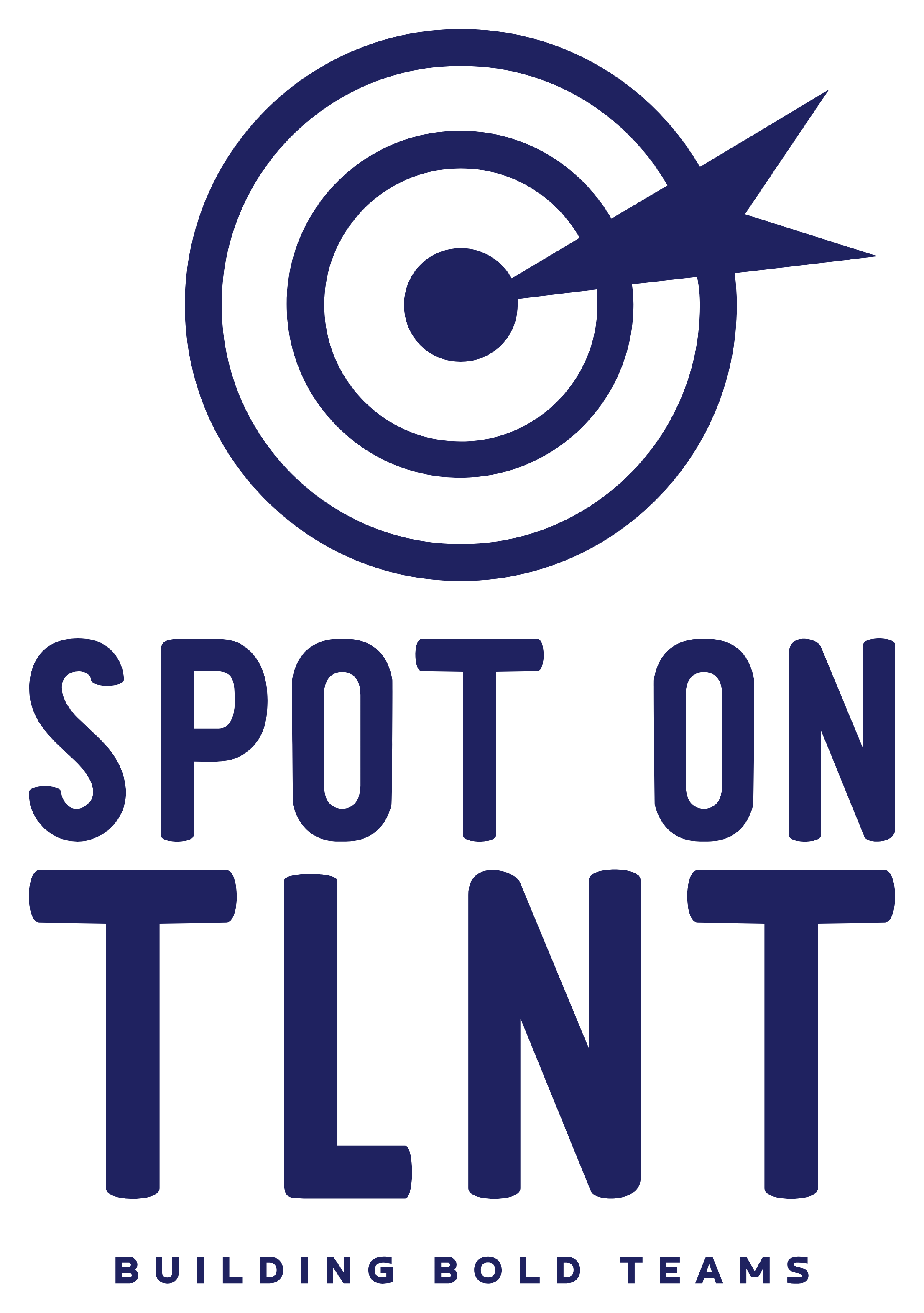In the fast-paced world of startups, attracting top talent is a critical factor that can make or break a company’s success. However, competing for skilled professionals in a crowded and competitive market can be challenging, especially when larger, more established companies offer lucrative salaries, extensive benefits, and brand recognition. Despite these obstacles, startups have unique strengths and opportunities that can help them stand out and attract the talent they need to thrive. In this blog, we’ll explore strategies that startups can use to compete for top talent and build a team that drives growth and innovation.
Understanding the Talent Landscape
Before diving into specific strategies, it’s important to understand the current talent landscape and the challenges startups face. Today’s job market is highly competitive, with top candidates often fielding multiple offers from various companies. Larger corporations can offer stability, higher salaries, and comprehensive benefits, making it difficult for startups to match these offers directly. However, startups have their own set of advantages, such as agility, innovation, and the opportunity for employees to make a significant impact. By leveraging these strengths, startups can position themselves as attractive employers for top talent.
1. Define and Communicate Your Unique Value Proposition
To compete for top talent, startups need to clearly define and communicate their unique value proposition (UVP) as an employer. This UVP should highlight what sets your startup apart from larger companies and why candidates should choose to work with you. Consider the following aspects when crafting your UVP:
Mission and Vision: Startups often have a strong sense of purpose and a compelling vision for the future. Clearly articulate your mission and how your team is working to achieve it. Top talent is often drawn to companies with a clear and inspiring purpose, where they can make a meaningful impact.
Opportunities for Growth: Unlike larger companies, where roles can be rigid and hierarchical, startups often offer employees the chance to wear multiple hats and take on diverse responsibilities. Highlight the opportunities for personal and professional growth, as well as the potential for rapid career advancement within your startup.
Culture and Work Environment: Startups typically have a dynamic, fast-paced work environment that can be appealing to candidates looking for a break from corporate bureaucracy. Emphasize your company’s culture, including values like innovation, collaboration, and flexibility. Share stories of how your team works together, celebrates successes, and tackles challenges.
Impact and Autonomy: In a startup, employees often have the opportunity to take ownership of projects and make significant contributions to the company’s success. Top talent is attracted to roles where they can see the direct impact of their work. Communicate how your startup empowers employees to take initiative and drive change.
2. Leverage Your Network and Employer Brand
Building a strong employer brand and leveraging your network are key strategies for attracting top talent. Here’s how you can do it:
Build a Strong Online Presence: A strong online presence is essential for showcasing your startup to potential candidates. Invest in a professional website, maintain active social media profiles, and share content that highlights your company’s culture, achievements, and values. Encourage your team to share their experiences and successes on their personal LinkedIn profiles and other platforms to help spread the word.
Leverage Employee Referrals: Your existing team is one of your best assets in attracting top talent. Implement an employee referral program that incentivizes your team to refer qualified candidates. Employees who are happy and engaged in their roles are more likely to recommend your startup to others in their network.
Engage with the Startup Community: Participate in industry events, startup meetups, and networking opportunities to build relationships with potential candidates and other entrepreneurs. Engage with online communities and forums where talent in your industry gathers. Being visible and active in these spaces can help you attract top talent who are already interested in the startup ecosystem.
3. Offer Competitive Compensation and Benefits
While startups may not always be able to match the salaries offered by larger companies, it’s important to offer competitive compensation and benefits that reflect the value of the roles you’re hiring for. Here are some strategies to consider:
Equity and Stock Options: Offering equity or stock options can be a powerful incentive for candidates who are interested in the long-term success of your startup. Equity provides employees with a sense of ownership and the potential for significant financial rewards if the company succeeds.
Flexible Work Arrangements: Flexibility is a highly valued benefit, especially in today’s work environment. Offering options like remote work, flexible hours, and unlimited paid time off can make your startup more attractive to top talent. Flexibility demonstrates trust in your employees and can help you stand out as a forward-thinking employer.
Tailored Benefits: While you may not have the resources to offer extensive benefits packages, consider tailoring benefits to what your team values most. This could include wellness programs, professional development opportunities, or stipends for home office equipment. Listening to your employees and offering benefits that meet their needs can help you attract and retain top talent.
4. Focus on Employee Experience and Retention
Attracting top talent is only half the battle—retaining them is equally important. A positive employee experience can significantly impact retention rates and make your startup a more attractive place to work. Here’s how to enhance employee experience:
Onboarding and Integration: A smooth and comprehensive onboarding process sets the tone for a new hire’s experience at your startup. Ensure that new employees are welcomed, provided with the resources they need, and integrated into the team quickly. A positive onboarding experience can boost engagement and reduce turnover.
Professional Development: Invest in your employees’ growth by providing opportunities for learning and development. This could include training programs, mentorship, or access to industry conferences. By supporting your team’s professional growth, you demonstrate a commitment to their success, which can increase loyalty and retention.
Recognition and Rewards: Recognize and reward your team’s contributions regularly. This doesn’t always have to be monetary—public recognition, career development opportunities, and small perks can go a long way in making employees feel valued and appreciated.
Create a Feedback Culture: Encourage open communication and create a culture where feedback is welcomed and acted upon. Regularly solicit feedback from your team on their experiences, challenges, and suggestions for improvement. Addressing concerns and making changes based on employee input can lead to a more positive work environment and higher retention rates.
5. Be Strategic About Timing and Hiring Priorities
In a competitive market, timing and prioritization are crucial when it comes to hiring. Consider the following strategies:
Hire Early for Key Roles: Identify the critical roles that will have the most impact on your startup’s success and prioritize hiring for those positions early. This might include technical roles, sales, or product development. By securing top talent for these key positions, you can build a strong foundation for growth.
Use Agile Hiring Practices: In a startup, things can change rapidly, and your hiring needs may evolve over time. Implement agile hiring practices that allow you to adapt quickly to changing circumstances. This could include shortlisting candidates for future roles, maintaining a pipeline of talent, or using contract-to-hire arrangements.
Consider Non-Traditional Candidates: Don’t limit your search to candidates with traditional backgrounds or experiences. Many talented individuals come from non-traditional paths, such as self-taught developers, career changers, or those with unconventional work histories. Being open to diverse experiences can help you tap into a broader talent pool and find candidates with unique perspectives and skills.
6. Highlight the Potential for Innovation and Impact
Startups are known for their innovative spirit and the potential to disrupt industries. Top talent is often attracted to opportunities where they can work on cutting-edge projects and have a significant impact. Here’s how to emphasize innovation and impact in your hiring process:
Showcase Your Projects: Highlight the exciting and innovative projects your startup is working on. Share case studies, product demos, or success stories that demonstrate how your team is pushing boundaries and making a difference in your industry.
Involve Candidates in the Vision: During the interview process, involve candidates in discussions about the future of your startup and how they can contribute to its success. Share your long-term vision and how their skills and expertise will help shape that future. Candidates are more likely to be attracted to roles where they can see a clear path to making an impact.
Foster a Culture of Experimentation: Encourage a culture of experimentation and learning within your startup. Top talent is often drawn to environments where they can try new ideas, take risks, and learn from failures. Emphasize how your startup supports creativity and innovation, and how team members are empowered to explore new solutions.
Conclusion
Competing for top talent in a competitive market is a challenge for any startup, but it’s not insurmountable. By defining and communicating your unique value proposition, leveraging your network and employer brand, offering competitive compensation and benefits, focusing on employee experience, being strategic about timing and hiring priorities, and highlighting innovation and impact, startups can attract and retain the talent they need to succeed.
Remember that attracting top talent is not just about offering the highest salary or the most perks—it’s about creating an environment where talented individuals can thrive, grow, and make a meaningful impact. By focusing on what makes your startup unique and creating a positive, dynamic work environment, you can build a team that drives your company’s success in the long term.
In the end, the key to competing for top talent is understanding what motivates candidates, aligning your offerings with their aspirations, and demonstrating how your startup provides the opportunities they seek. With the right approach, your startup can stand out in the competitive talent market and build a team that will take your business to new heights.



